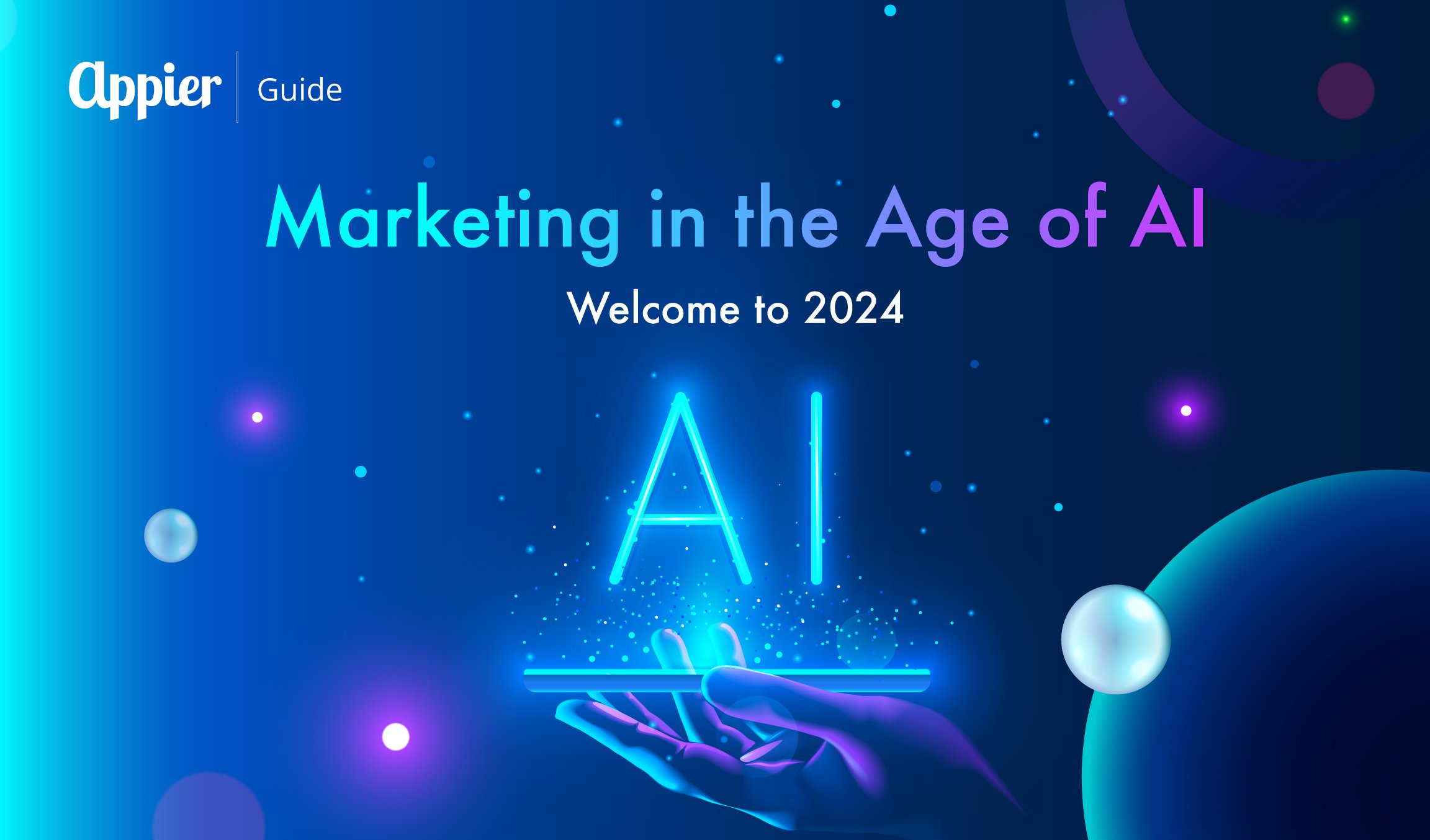3 min read
What is Digital Marketing?
Digital marketing refers to the use of digital channels, platforms, and technologies to promote products, services, or brands. It encompasses a wide range of tactics, including search engine optimization (SEO), social media marketing, content marketing, email marketing, and pay-per-click advertising.
Unlike traditional marketing methods, digital marketing offers businesses the ability to reach a global audience, target specific demographics, and measure the effectiveness of their campaigns in real-time.
Why is Digital Marketing Important?
The importance of digital marketing lies in its ability to connect businesses with their target audience where they spend most of their time – online. Here are some key reasons why digital marketing is crucial for modern businesses:
- Wider Audience Reach: Digital marketing allows businesses to expand their Impressions & reach beyond geographical boundaries, connecting with potential customers worldwide.
- Cost-Effectiveness: Compared to traditional marketing methods, digital marketing often offers more flexible budgeting options and a higher return on investment (ROI) & Return on Ad Spend (ROAS).
- Measurable Results: Digital marketing provides real-time data and analytics, allowing businesses to track the performance of their campaigns and make data-driven decisions.
- Enhanced Customer Engagement: Through social media, email, and other digital channels, businesses can foster direct and meaningful interactions with their audience.
- Improved Brand Impressions & Awareness: A well-executed digital marketing strategy can significantly enhance a brand's visibility and credibility online.
Examples of Successful Digital Marketing Campaigns
Let's explore some innovative digital marketing examples that have made a significant impact:
1. Apple's #ShotoniPhone Campaign
Apple leveraged user-generated content to showcase the capabilities of its iPhone cameras. The campaign encouraged users to submit photos taken with their iPhones, which were then featured across various marketing channels. This strategy not only generated buzz but also provided Apple with a wealth of authentic content.
2. Airbnb's User-Generated Content Strategy
Airbnb embraced user-generated content by encouraging travelers to share their experiences on social media platforms. The company also promoted travel guides created by hosts, effectively turning its user base into brand ambassadors.
3. Sephora's Omnichannel Approach
Sephora has excelled in creating a seamless omnichannel experience for its customers. The beauty retailer offers shoppable experiences through rich content like video tutorials, interactive quizzes, and social media integration. This approach ensures that Sephora is present wherever its audience is, from Instagram to its physical stores.
4. Slack's Solution-Focused Marketing
Slack, a team collaboration tool, focuses its marketing efforts on showcasing how its platform solves real-world problems for businesses. By emphasizing user experience and providing exceptional customer support, Slack has built strong customer loyalty.
To stay ahead in the digital marketing game, businesses should continually adapt their strategies, embrace new technologies, and focus on creating value for their target audience. By doing so, they can build strong brand awareness, foster customer loyalty, and drive sustainable growth in the digital age.
Unleash the Power of Predictive Marketing with Appier
Appier is revolutionizing the marketing landscape with its advanced predictive AI technology. Our platforms analyze historical data and real-time signals to forecast consumer behavior and market trends, enabling you to stay one step ahead of the competition.
As of 2024, Appier serves more than 1,700 customers globally, spanning various industries from finance to retail. The company's impressive client roster includes renowned brands such as Pizza Hut, Burger King, Clarins, Carrefour, Toyota, and BMW.
.png?width=1200&height=630&name=%E7%B6%B2%E7%B4%85%E5%B0%88%E6%AC%84banner_new%20(9).png)

%20(13).png?width=1200&height=630&name=BLOG_Banner%20(Naomi)%20(13).png)
%20(28).png?width=1200&height=630&name=BLOG_Banner%20(Naomi)%20(28).png)